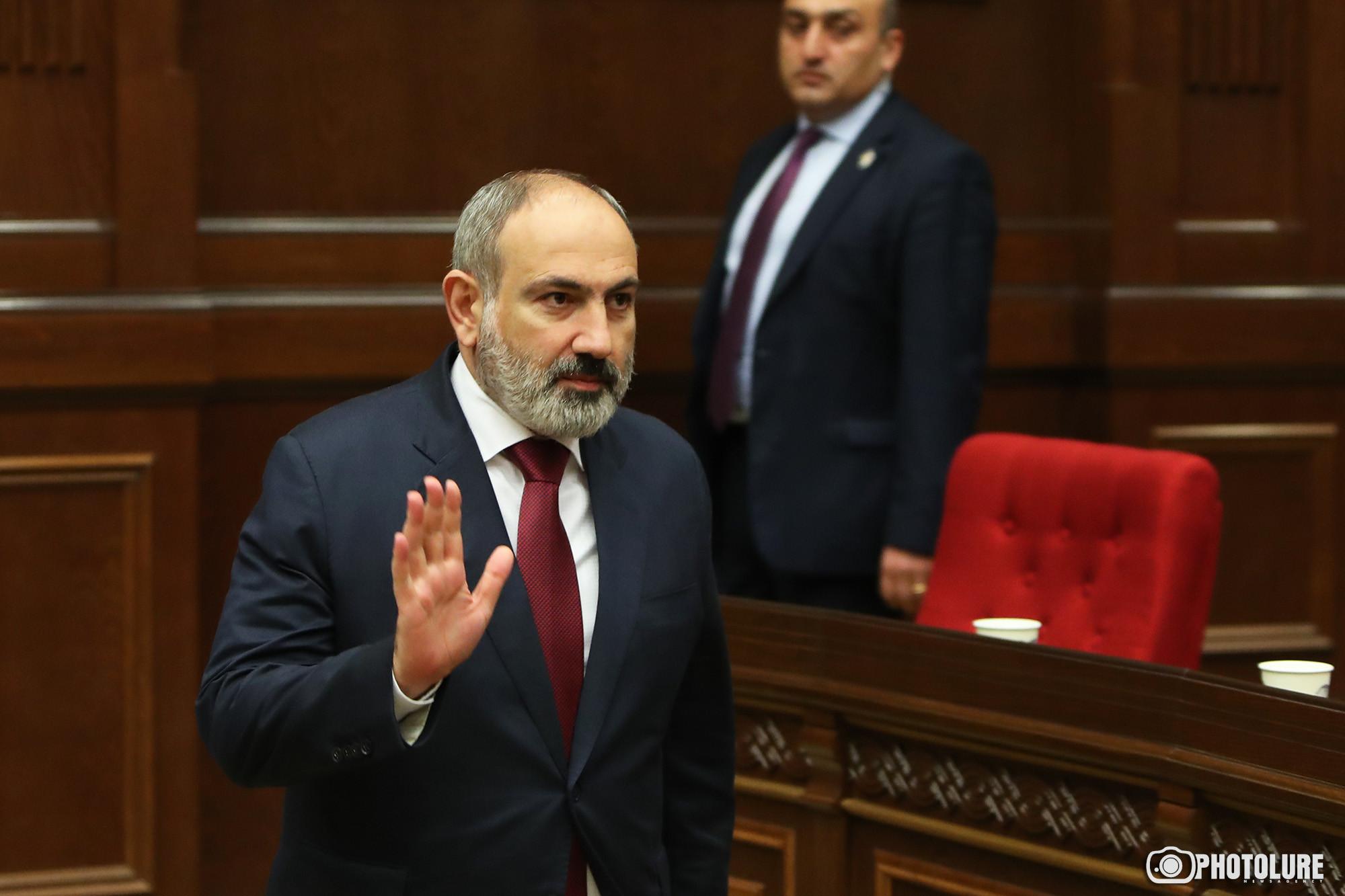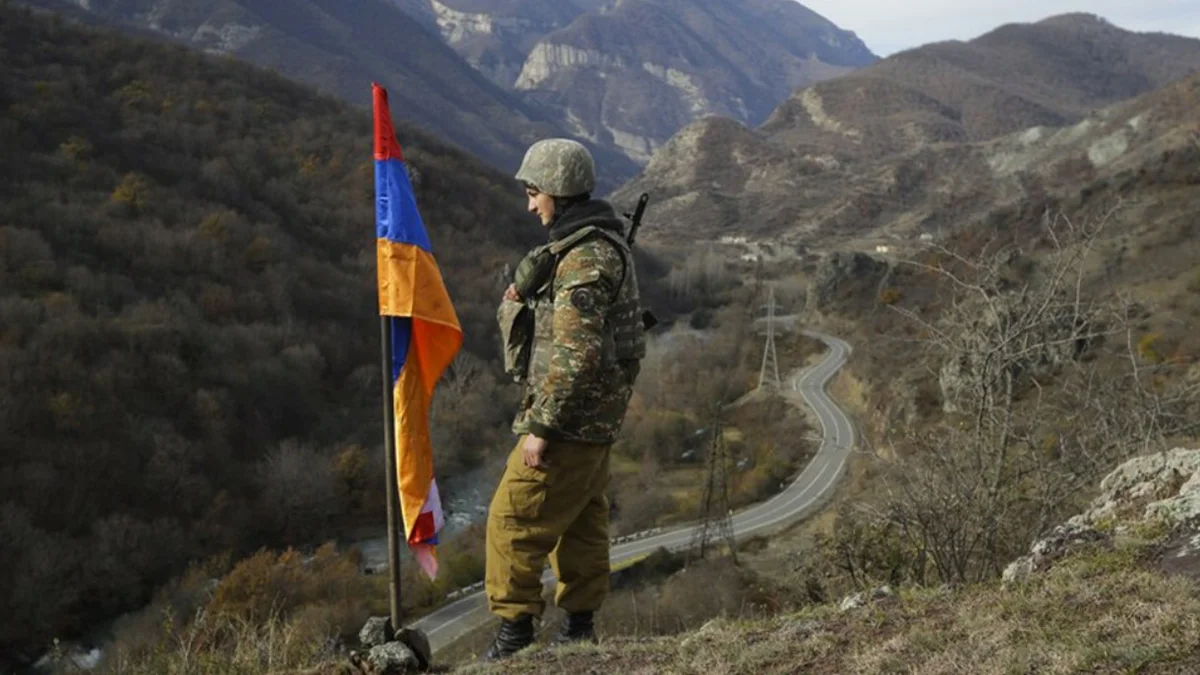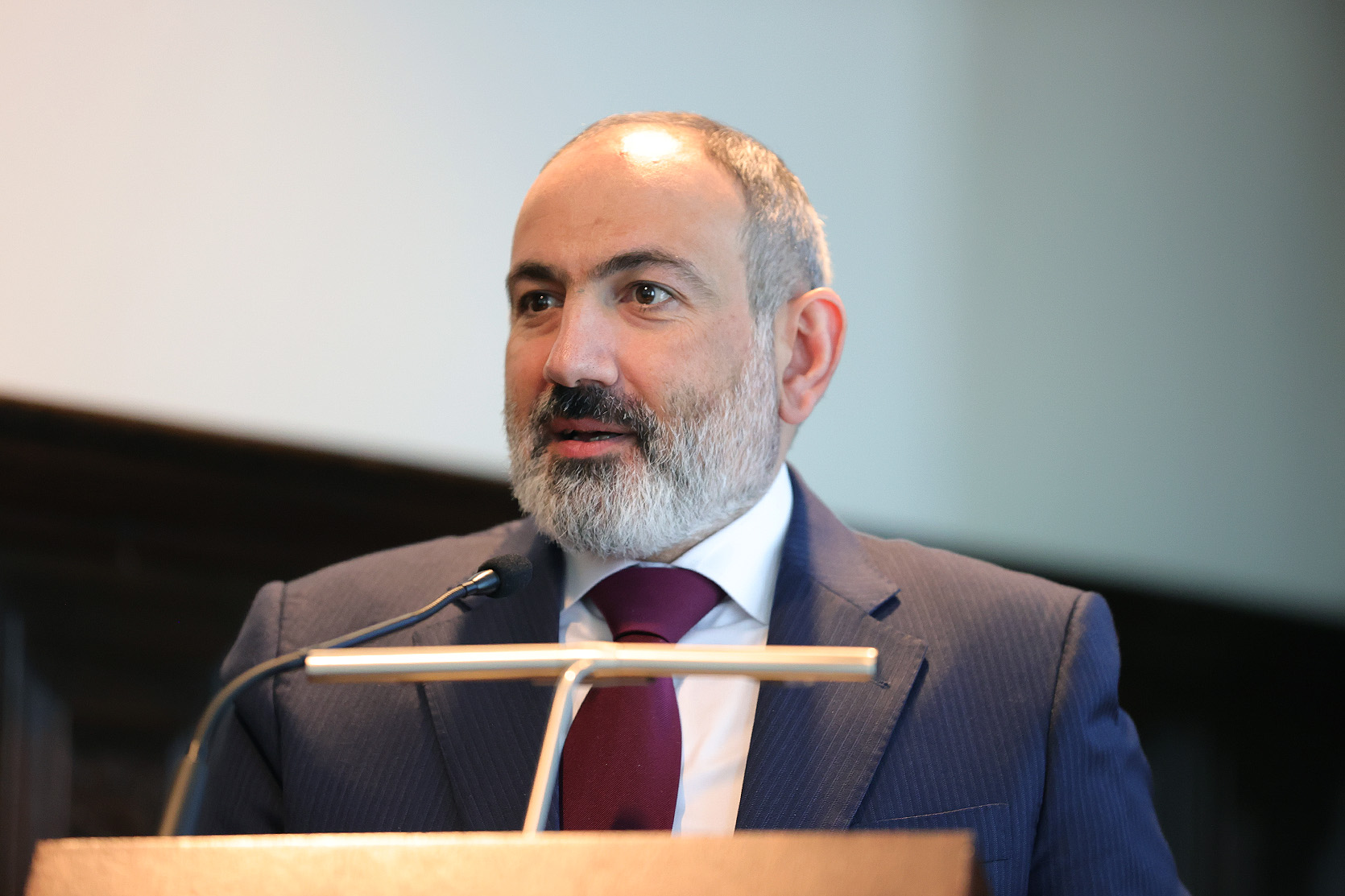Op-ed: Armenia should approach Brussels talks on Karabakh conflict with caution
Charles Michel’s statement on Brussels’ talks
After the last meeting of the leaders of Armenia and Azerbaijan in Brussels, there is has been a constant need for clarifications on the issues discussed and the decisions made. For example, Baku stated that during the meeting, agreements had been reached on the Zangezur corridor. The mediator of the meeting, Charles Michel, President of the European Council, publicly announced that he regretted the manipulation on the extraterritorial claims. He considered it necessary to address this issue again, despite the fact that there was no such item in the statement which followed the meeting.
After the second Karabakh war, Azerbaijan repeatedly demanded the provision of a “corridor” through the territory of Armenia to its exclave, Nakhichevan. Armenia stated several times that it was in favor of unblocking regional communications, but was categorically against the provision of routes with “corridor logic”. According to the explanation of the Armenian authorities, the term “corridor” implies the loss of sovereignty over this territory, which is out of the question.
Political observer Hakob Badalyan analyzed Charles Michel’s recent statement. In his opinion, the head of the European Council is extremely concerned about maintaining the Brussels format of negotiations. Badalyan believes that he “does not have enough military-political resources for self-sufficiency”, and the status of the process as a whole “requires clarification”.
New statement is as an explanation of the previous one
After the Pashinyan-Michel-Aliyev meeting in Brussels on May 22, Azerbaijan claimed that Yerevan agreed with Baku’s agenda on normalizing relations, including with the the opening of the Zangezur corridor. The Armenian Foreign Ministry respond to Aliyev’s statement, urging the Azerbaijani leader not to torpedo “the discussions in existing formats”.
The spokesman for the head of the European Council, Barend Leitz, also issued a statement. It emphasizes that during the meeting in Brussels, the issue of unblocking communications was a special subject of discussion:
“Both sides confirmed the absence of extraterritorial requirements for the future transport infrastructure. The manipulation on this issue is regrettable”.
According to the statement, Charles Michel:
- welcomed the first meeting of the border commissions and described it as historic,
- stressed the need to ensure stability and security along the Armenian-Azerbaijani border before the start of the demarcation process,
- expressed the opinion that all outstanding issues, including the roots of the conflict, must be resolved in order to ensure the normalization of relations between Yerevan and Baku,
- stressed that the European Union is ready to support measures to strengthen mutual confidence.
According to the head of the European Council, his previous statement “should not be interpreted as supporting any predetermined outcome of the discussions.” He also notes that it is extremely important to address all issues comprehensively, “including the rights and security of all segments of the population”.
Expert commentary
Political observer Hakob Badalyan believes that Michel’s statement was issued amid escalation tension at the Armenian-Azerbaijani border. The shelling from the side of Azerbaijan took place on May 28, as a result of which an Armenian soldier was killed․
“The statement of the head of the European Council bypasses this matter, which is not surprising. It is characteristic not only of Michel, but also of other mediators, including the co-chairing countries of the Minsk Group [the United States, Russia, France are mediators of a peaceful settlement of the conflict before the 2020 war].
According to the expert, the political power of Michel and the European Union should not be overestimated.
“Michel’s diplomatic efforts in themselves contain elements of maneuvering between the poles of power, which must balance, maintain the necessary balance”.
He notes that the European Union is not a homogeneous political unit. Badalyan is convinced that this is evidenced by the insurmountable differences within the EU over the sixth package of sanctions against Russia.
According to the political observer, the Brussels process “lacks potential and military-political resources for self-sufficiency”, and the status of the process itself “requires clarification”.
“It is not at all clear that Armenia should contribute to the development and expansion of this process at any cost. Armenia should keep its finger on the pulse, but not show too much trust in it”, Badalyan said.
He notes that after the Brussels meeting on May 22, Yerevan and Baku are trying to keep the situation under close control.





















